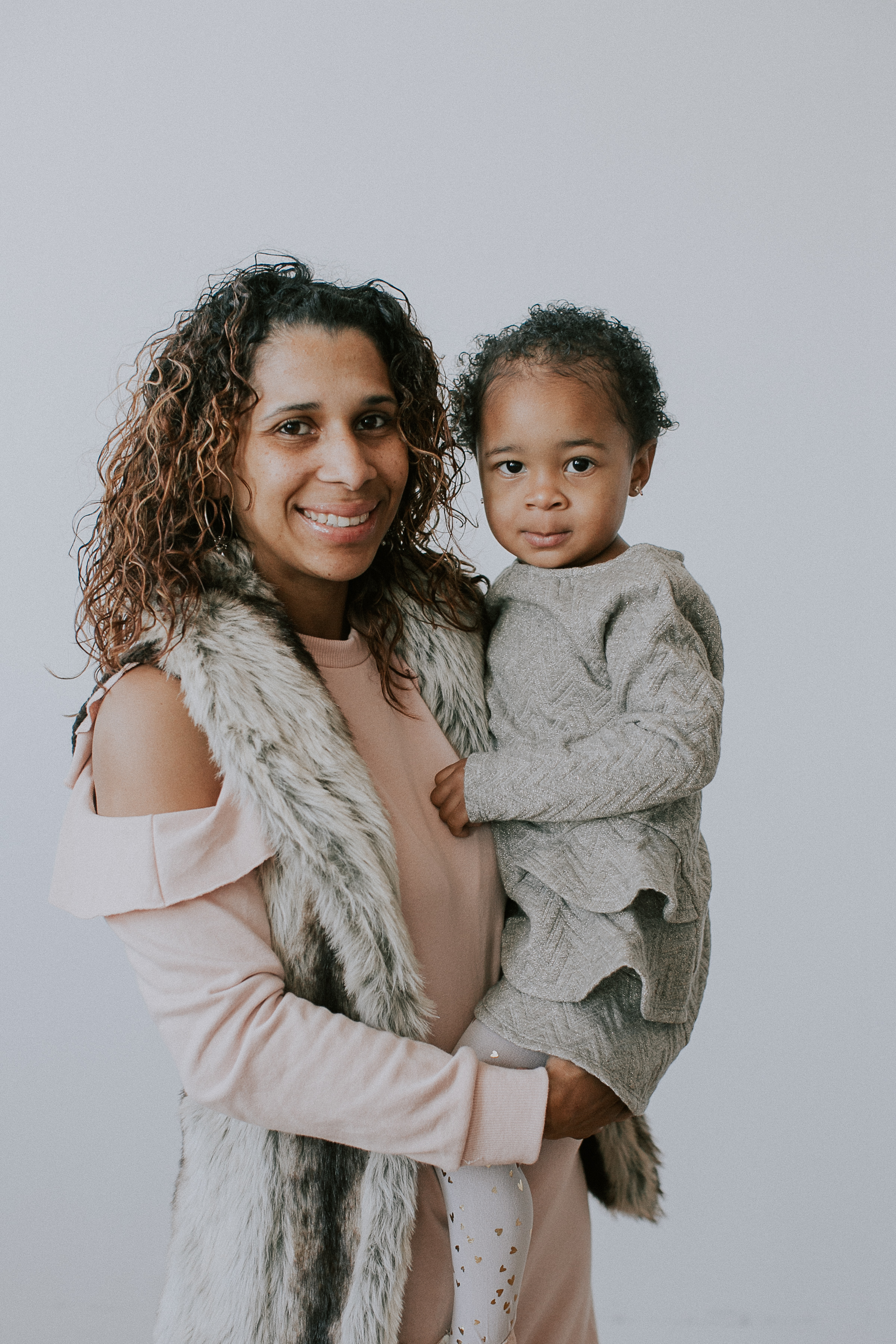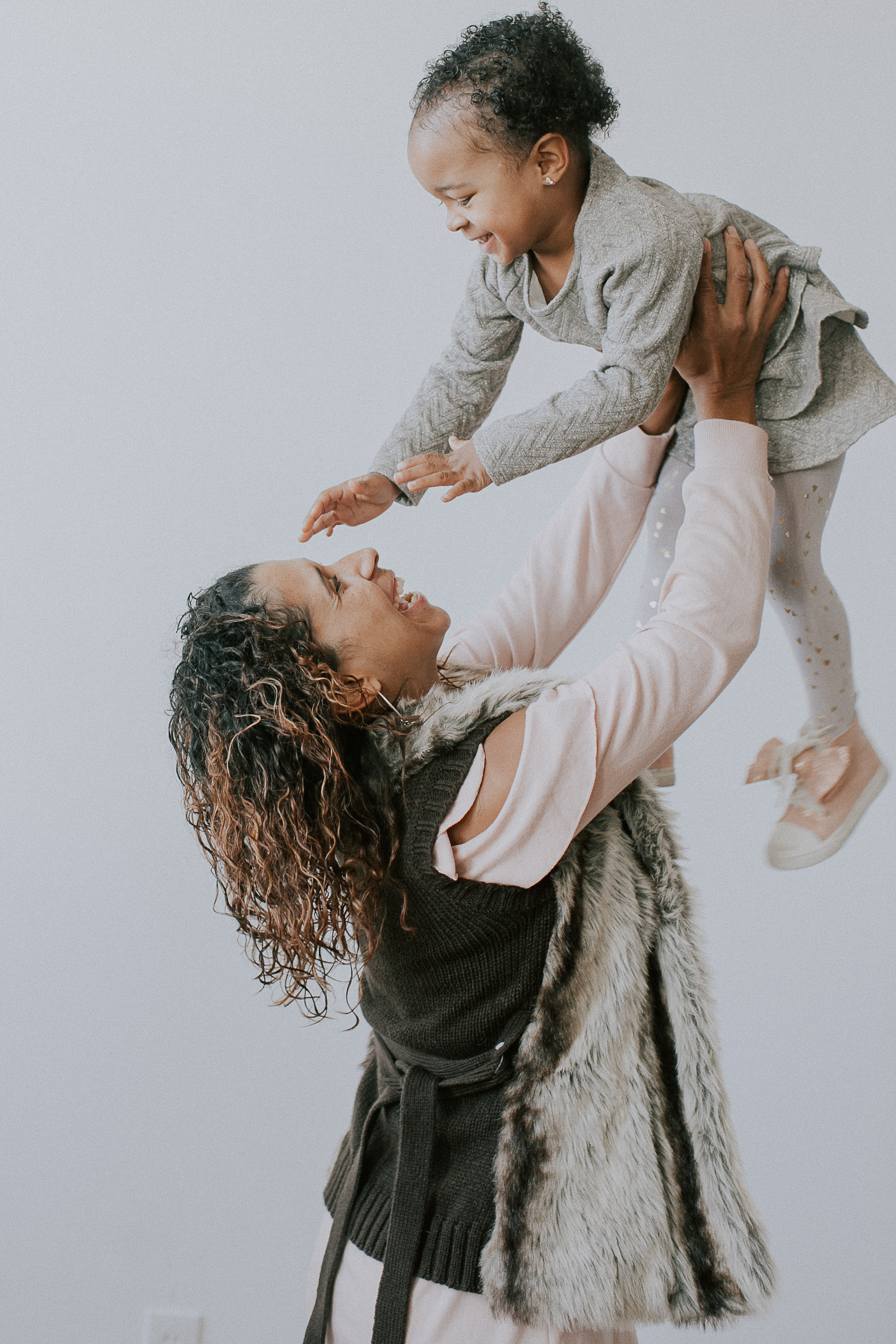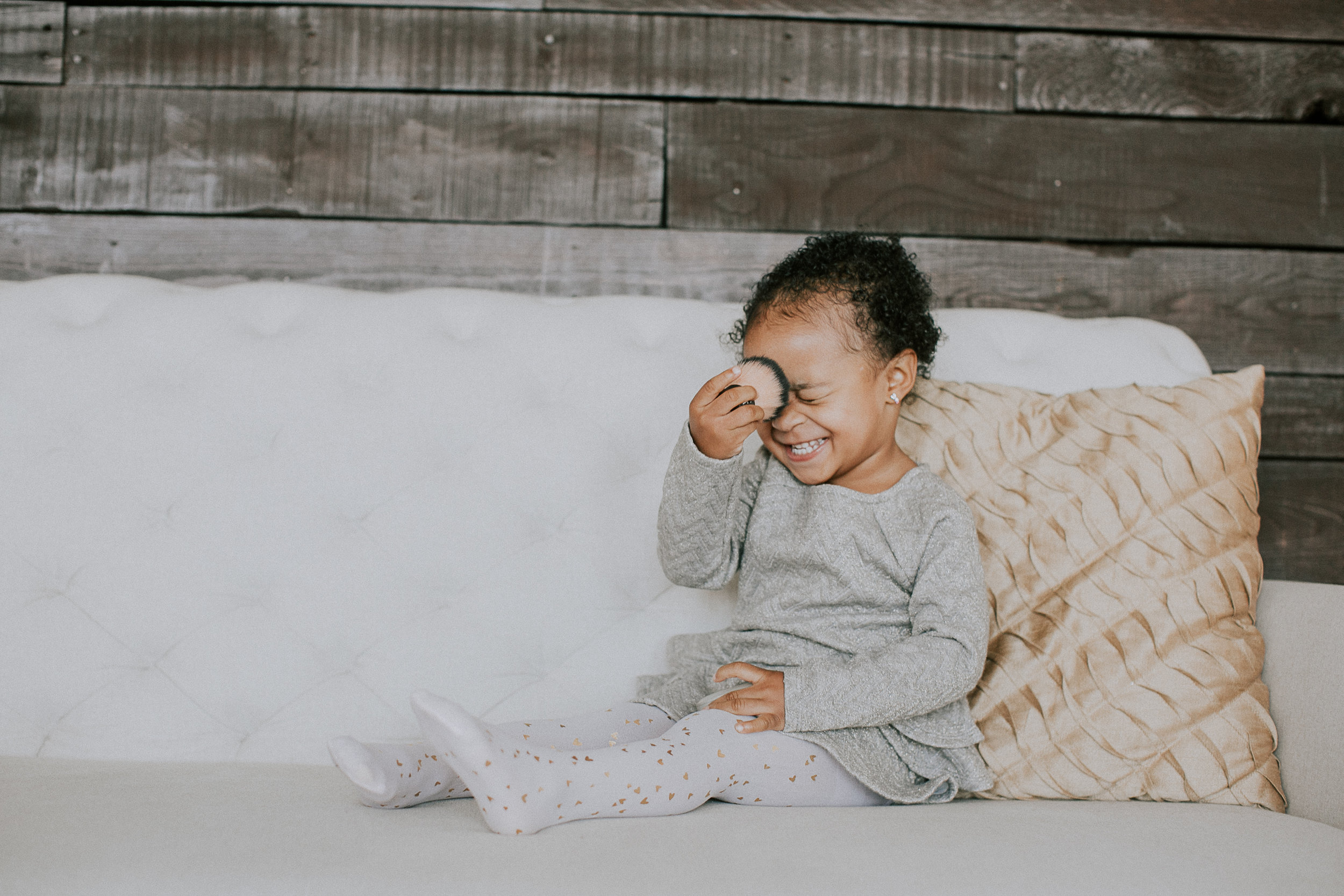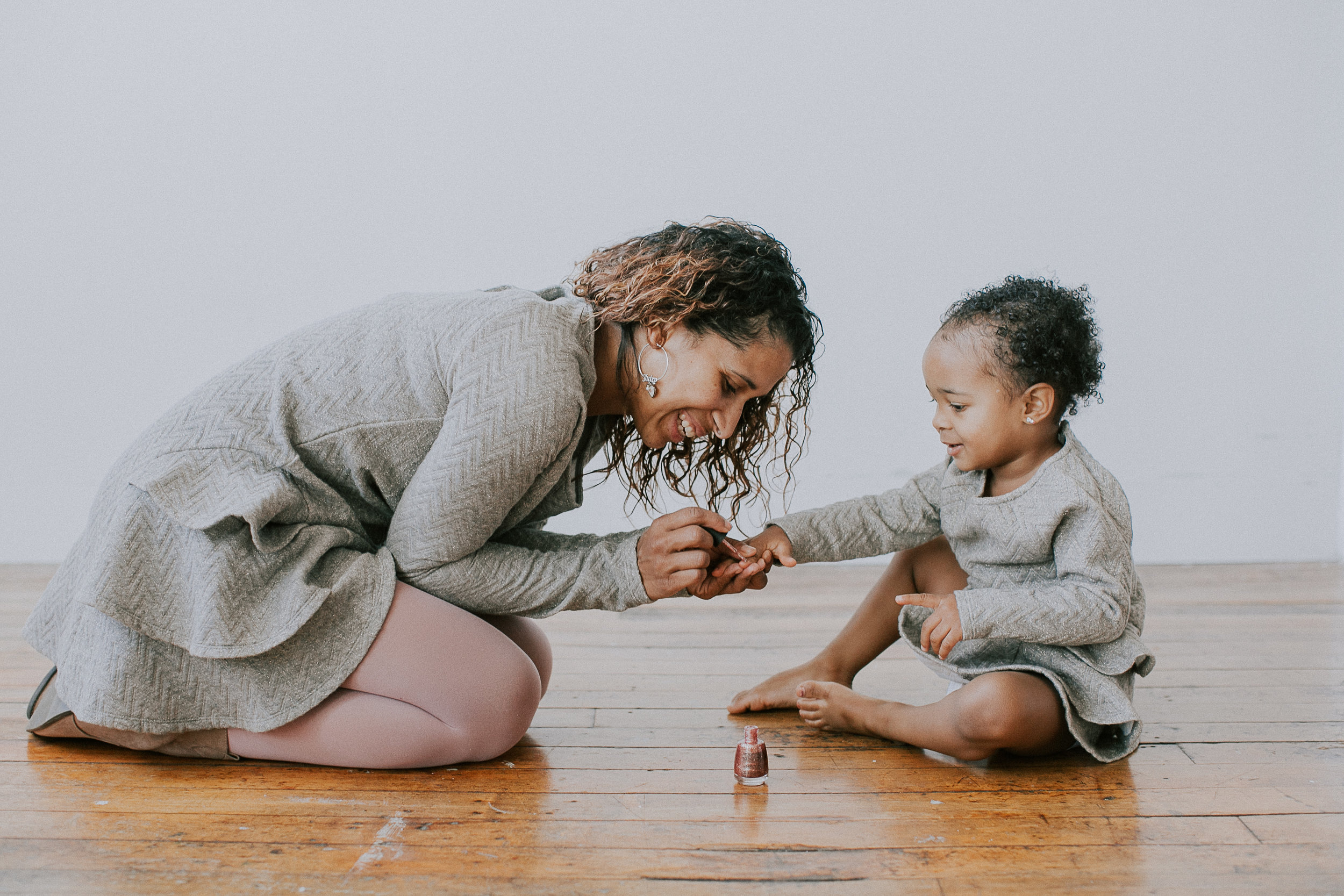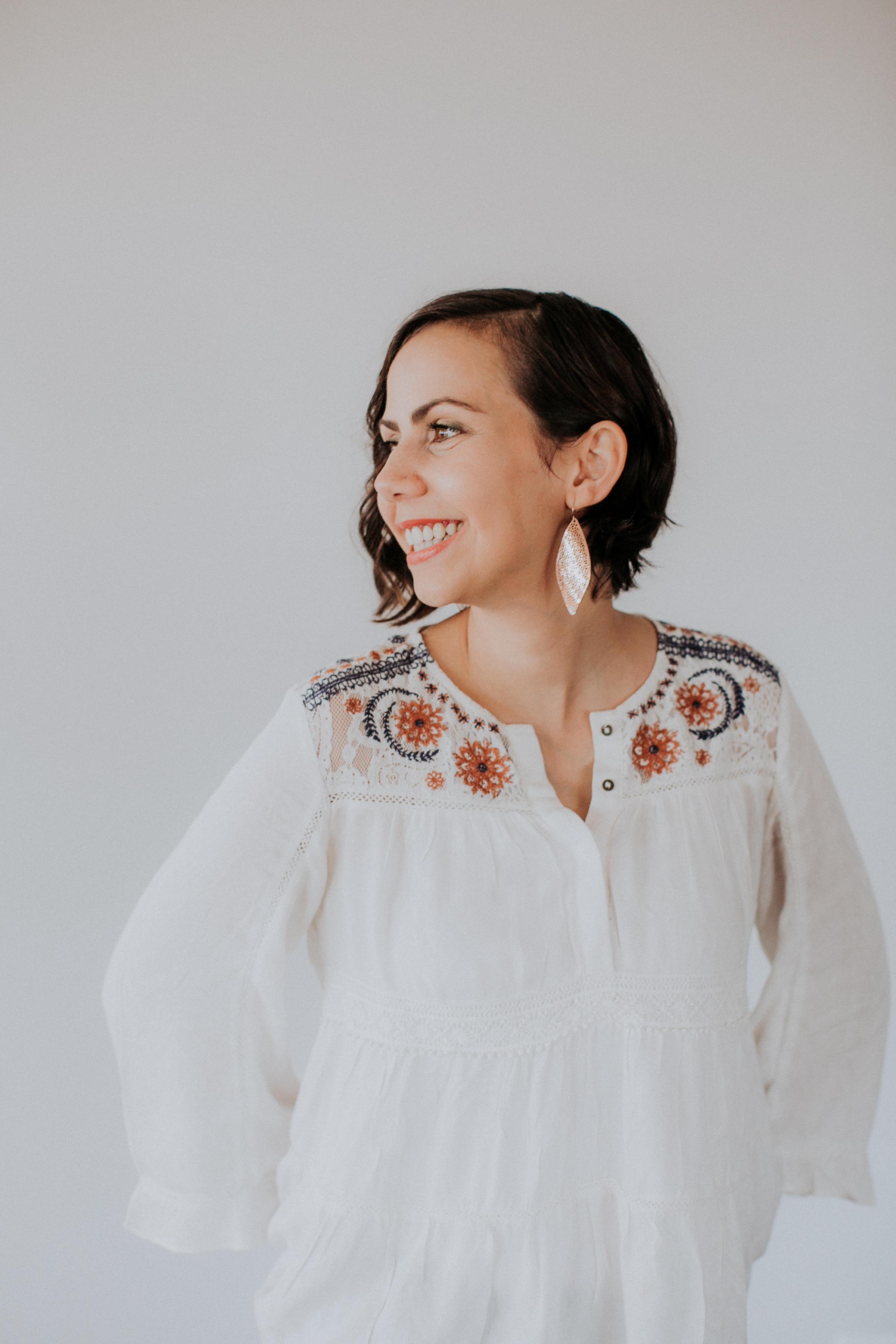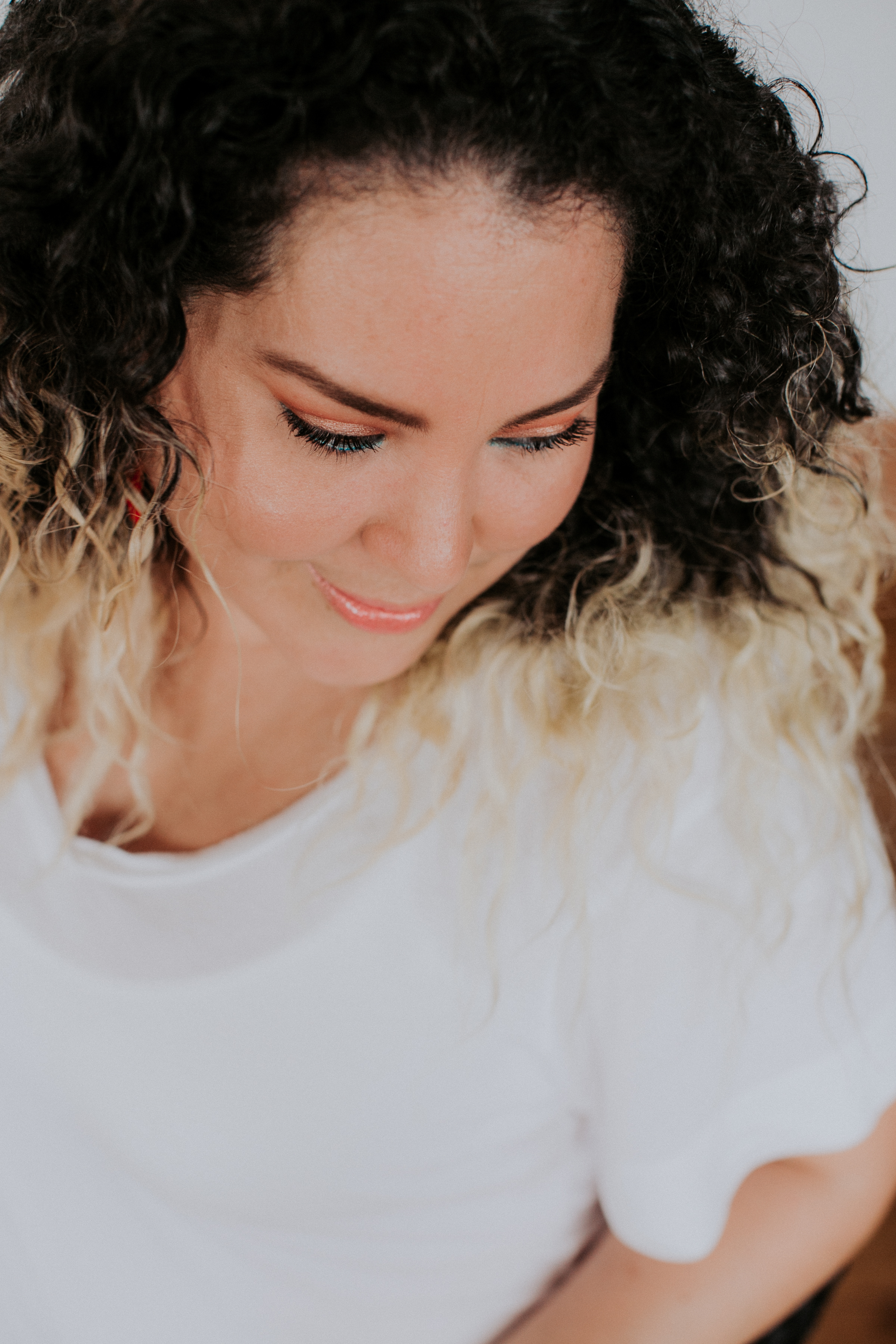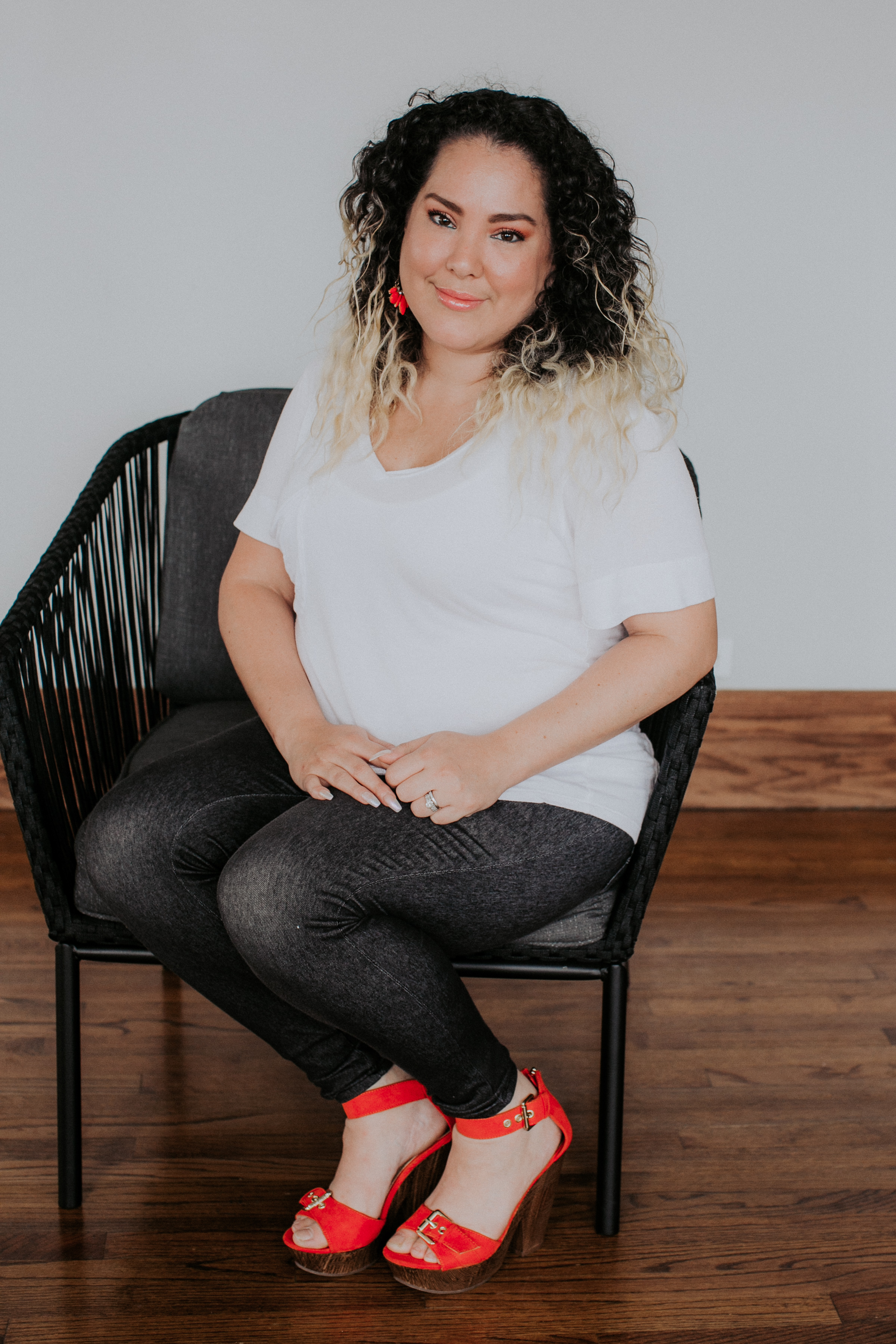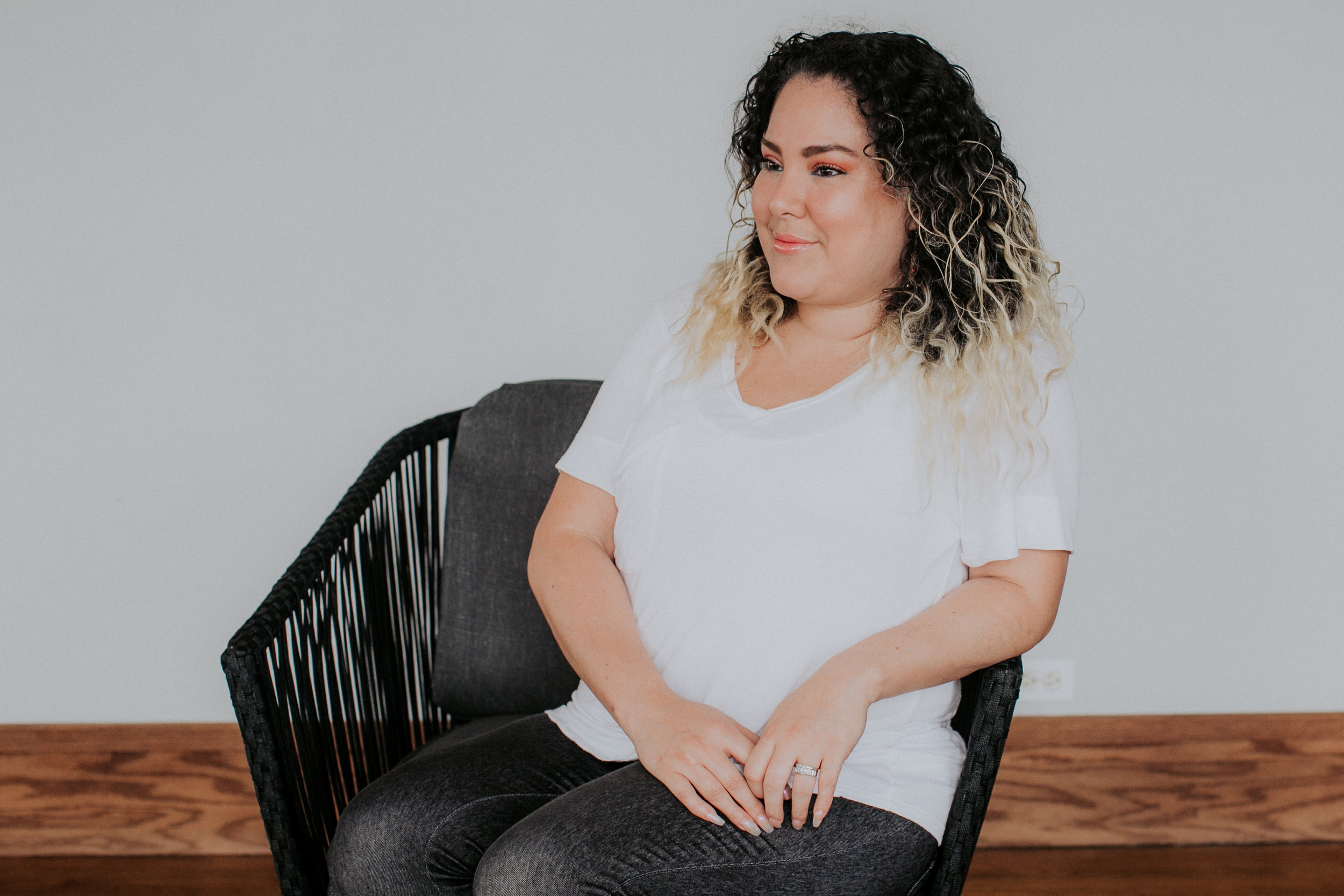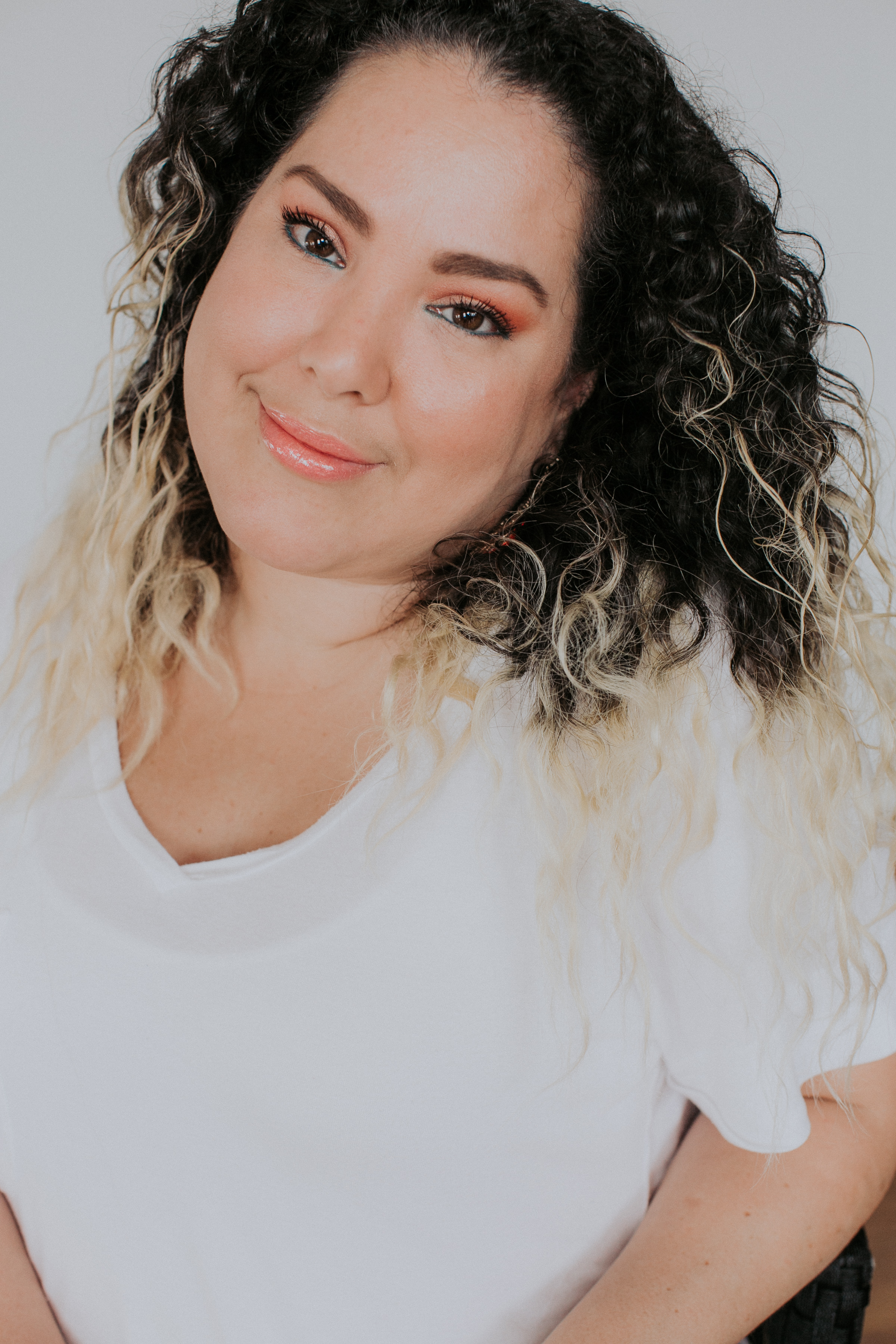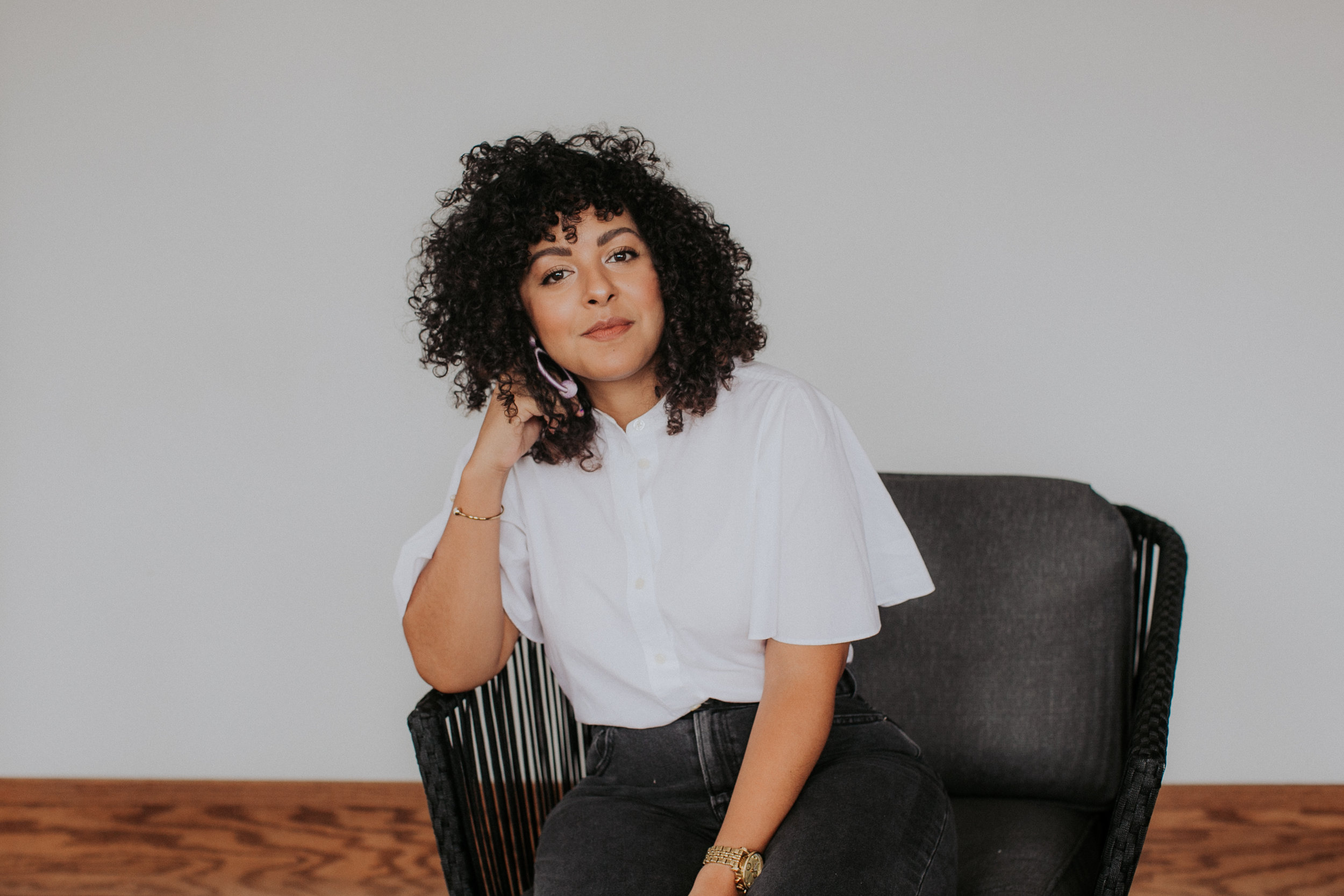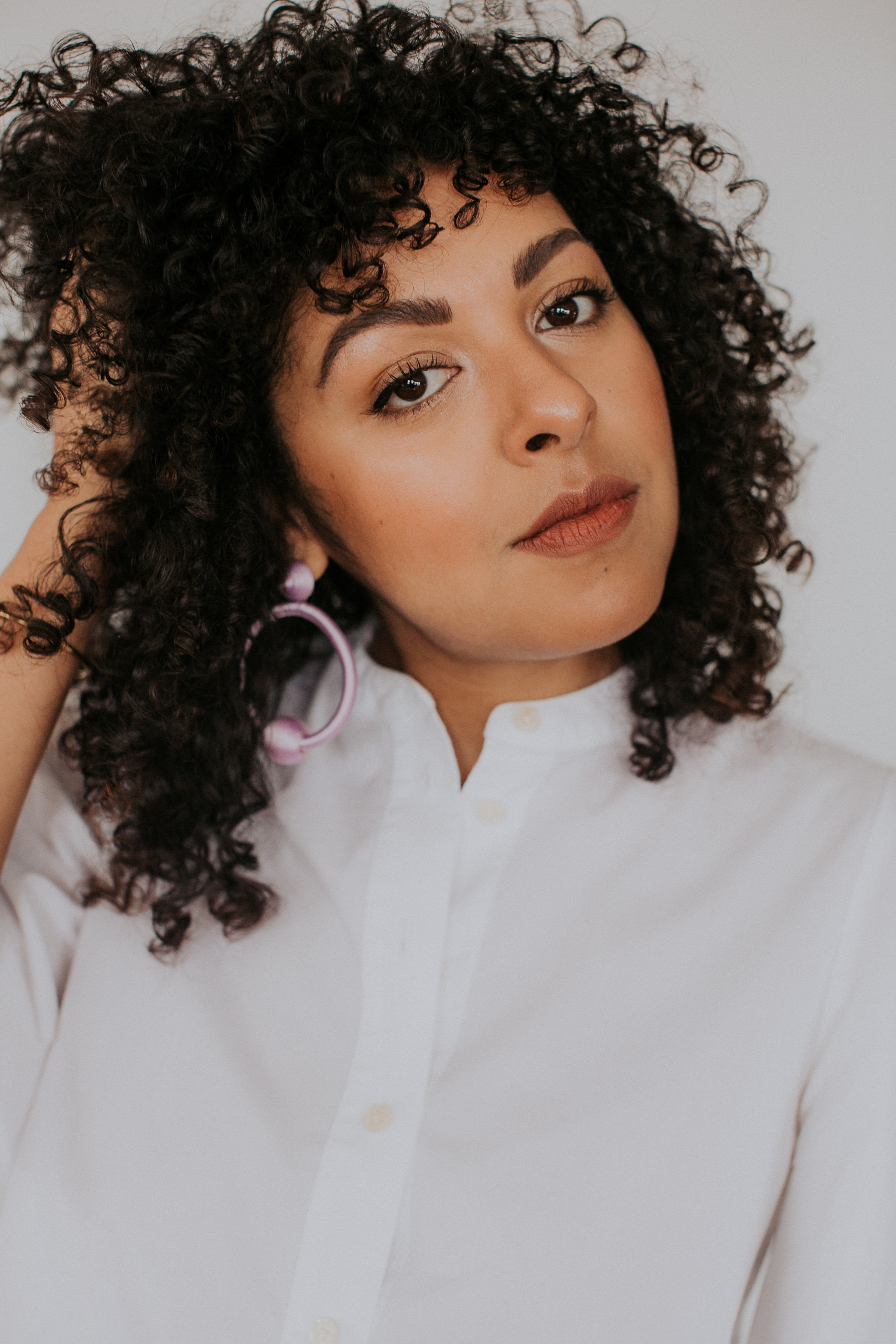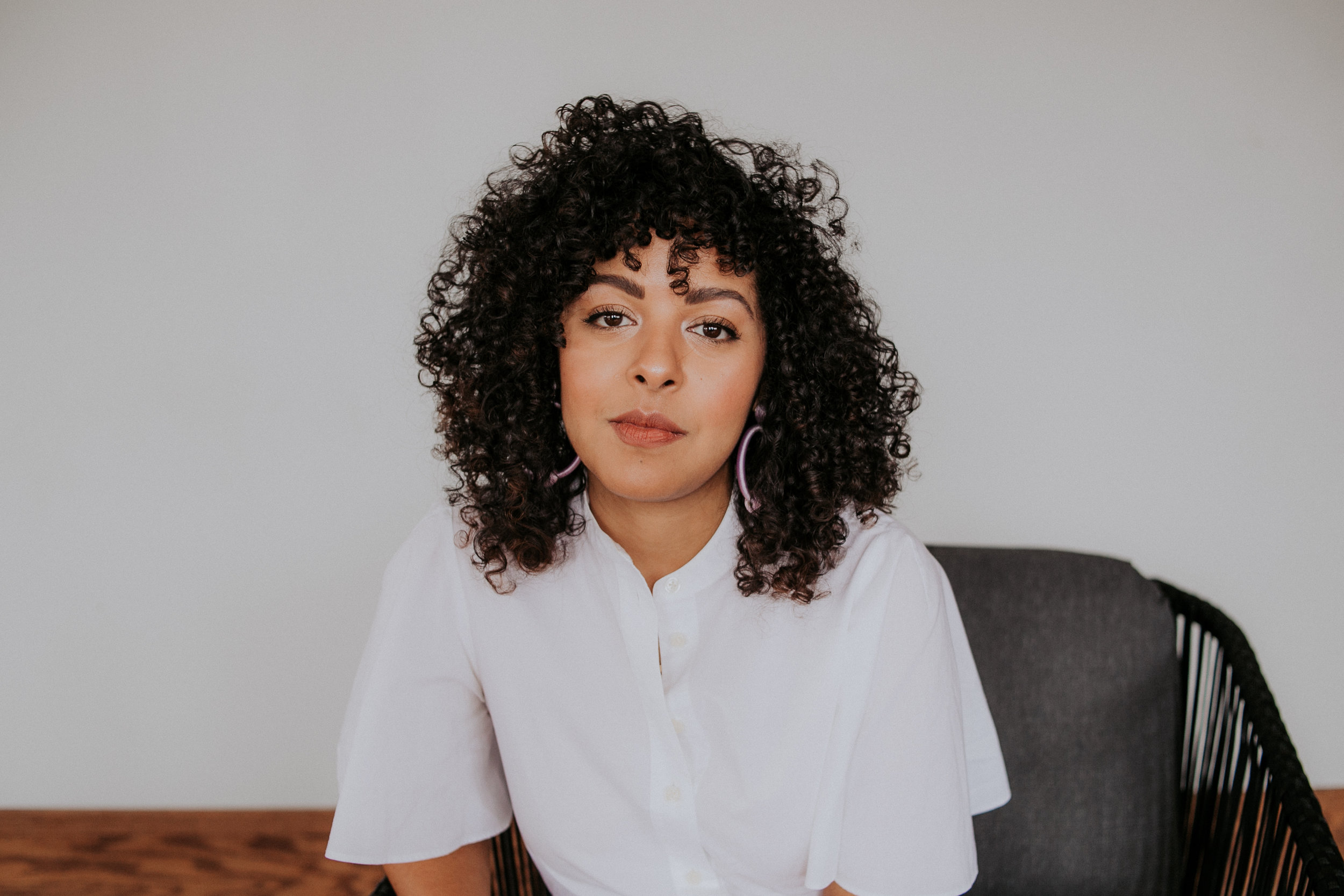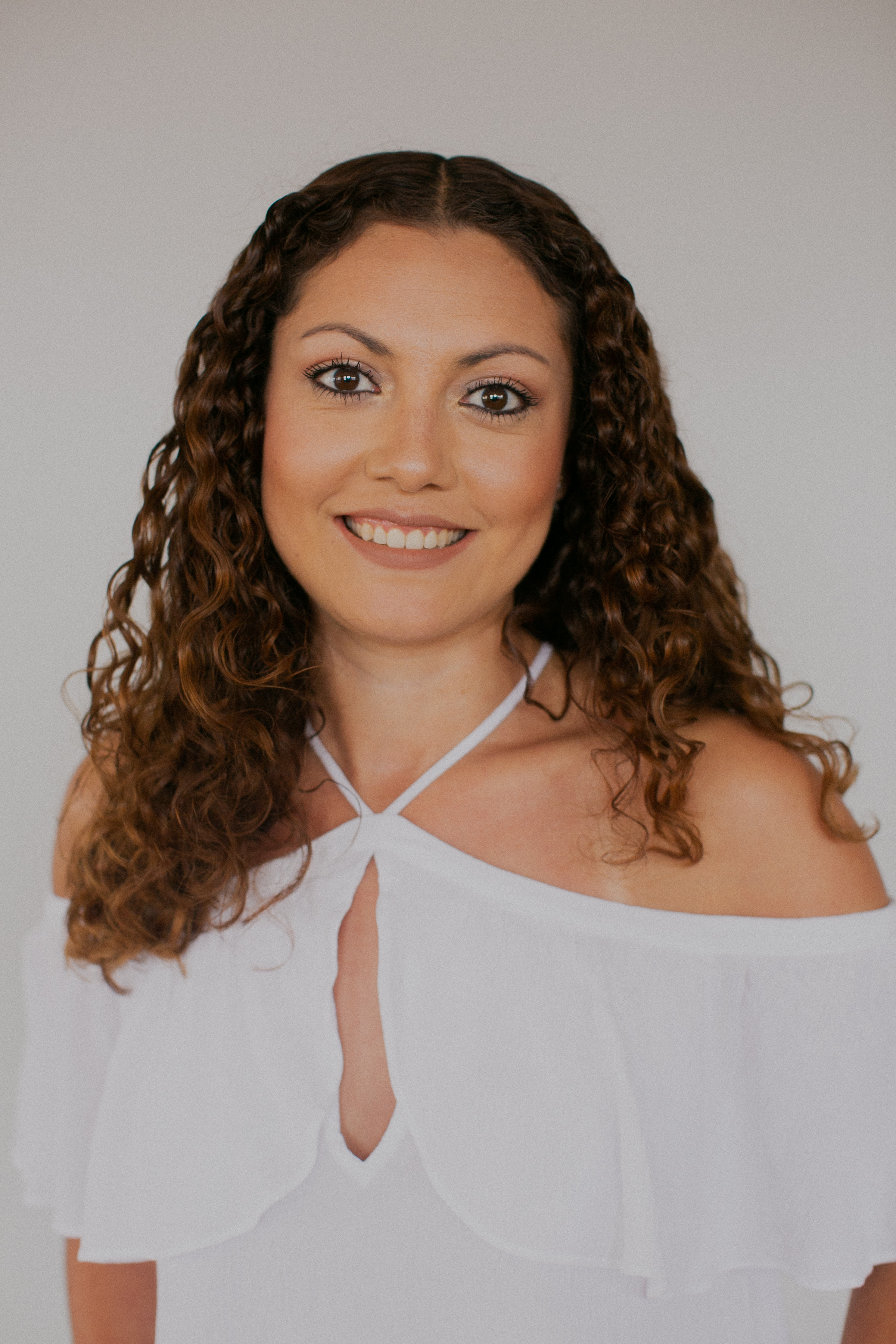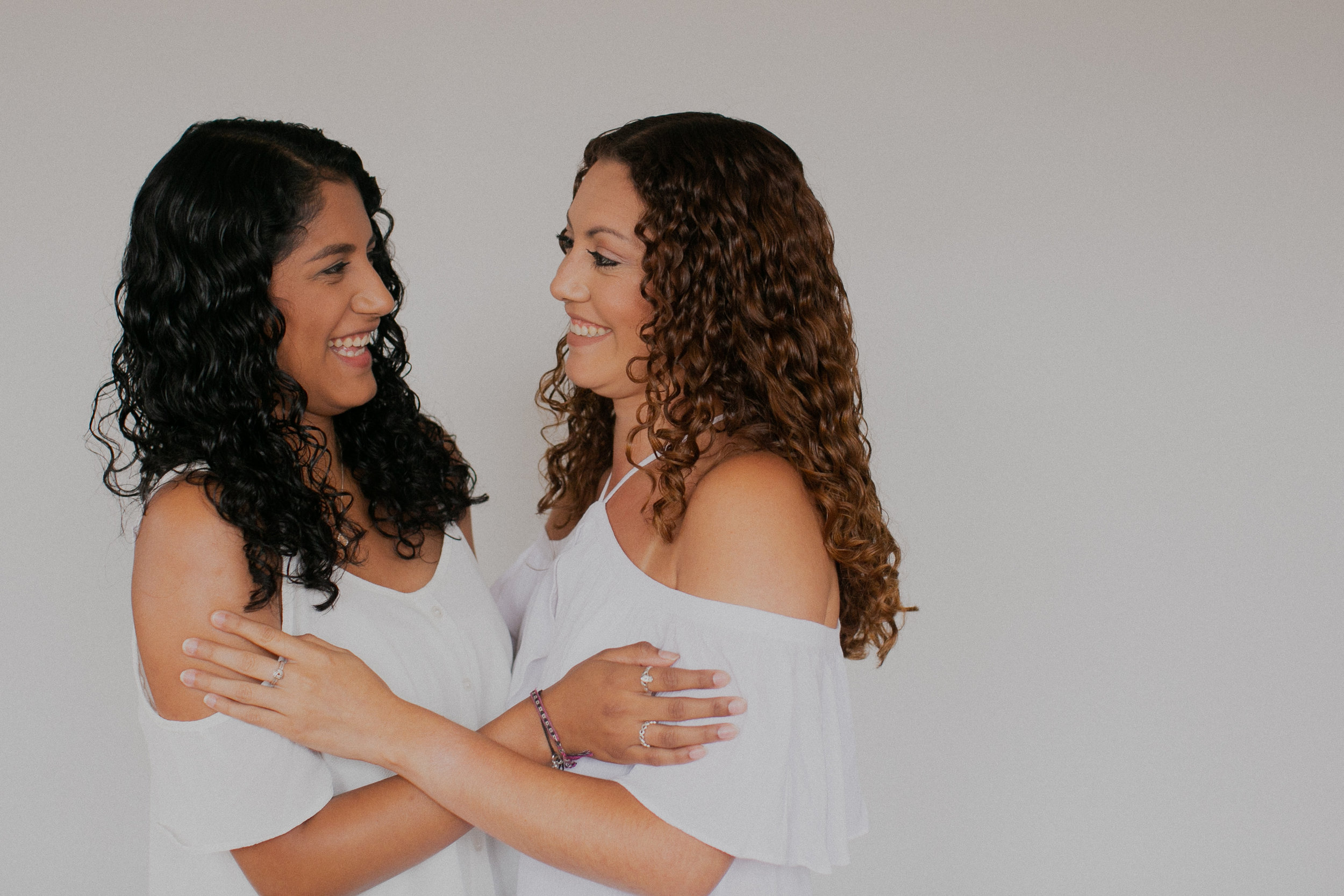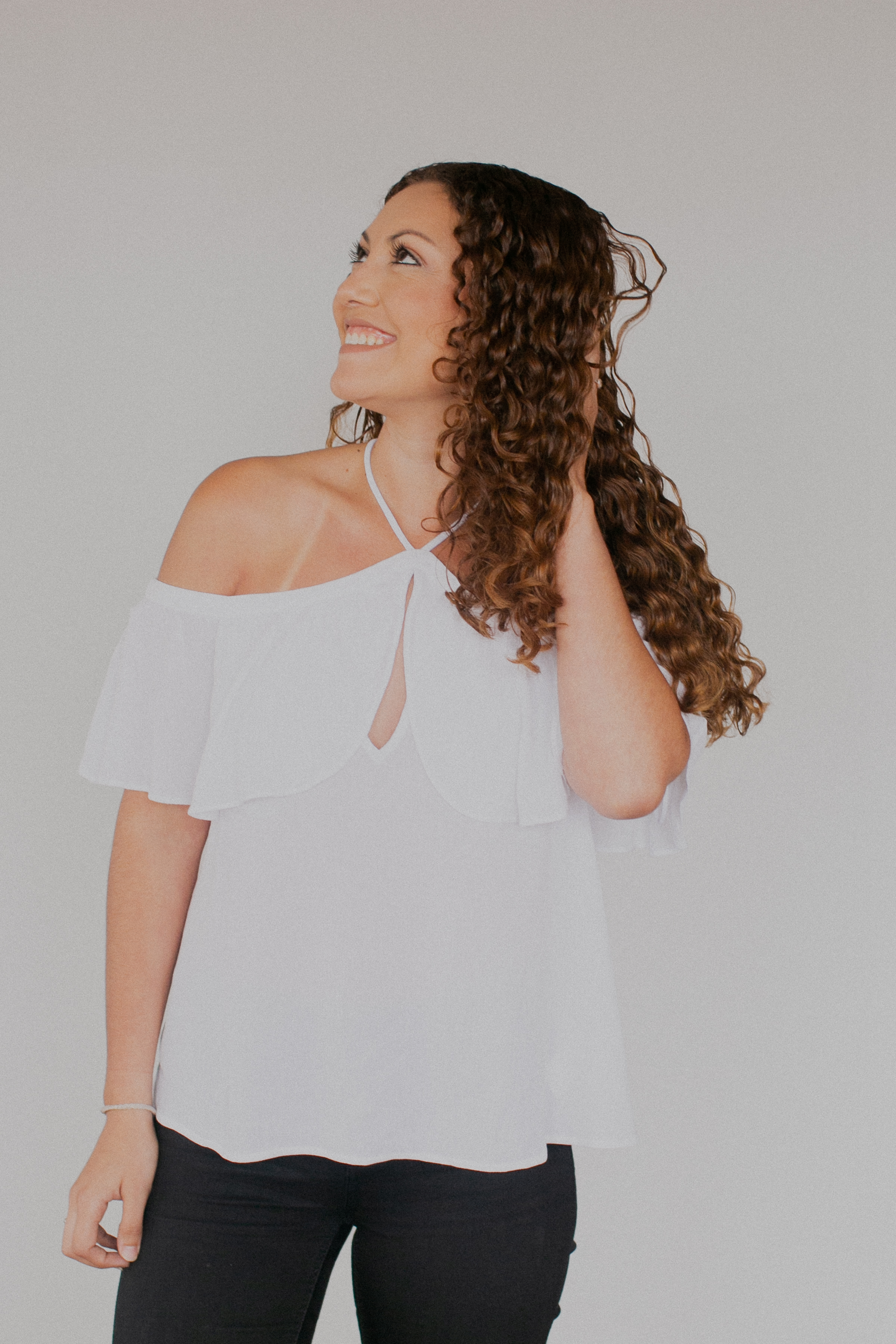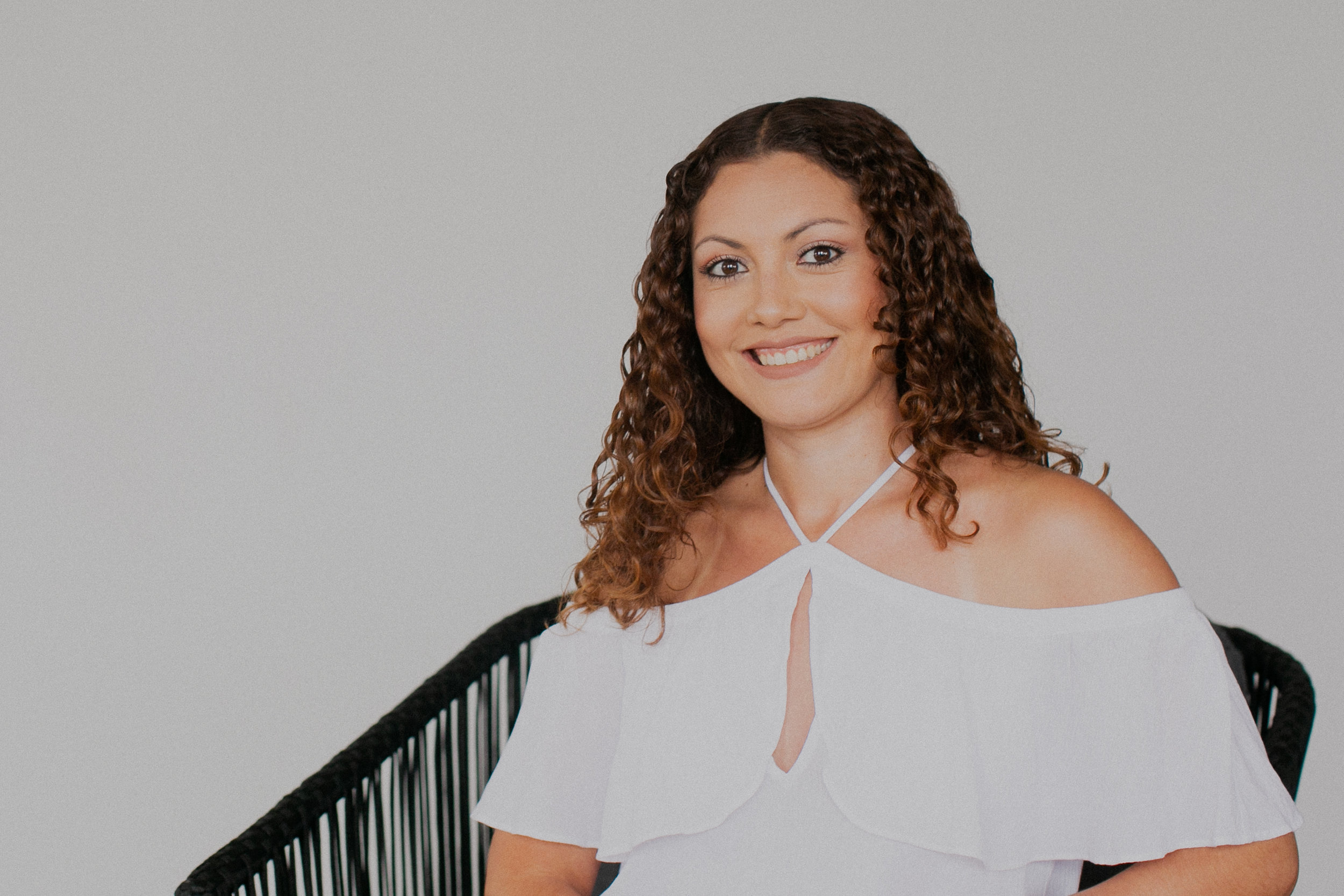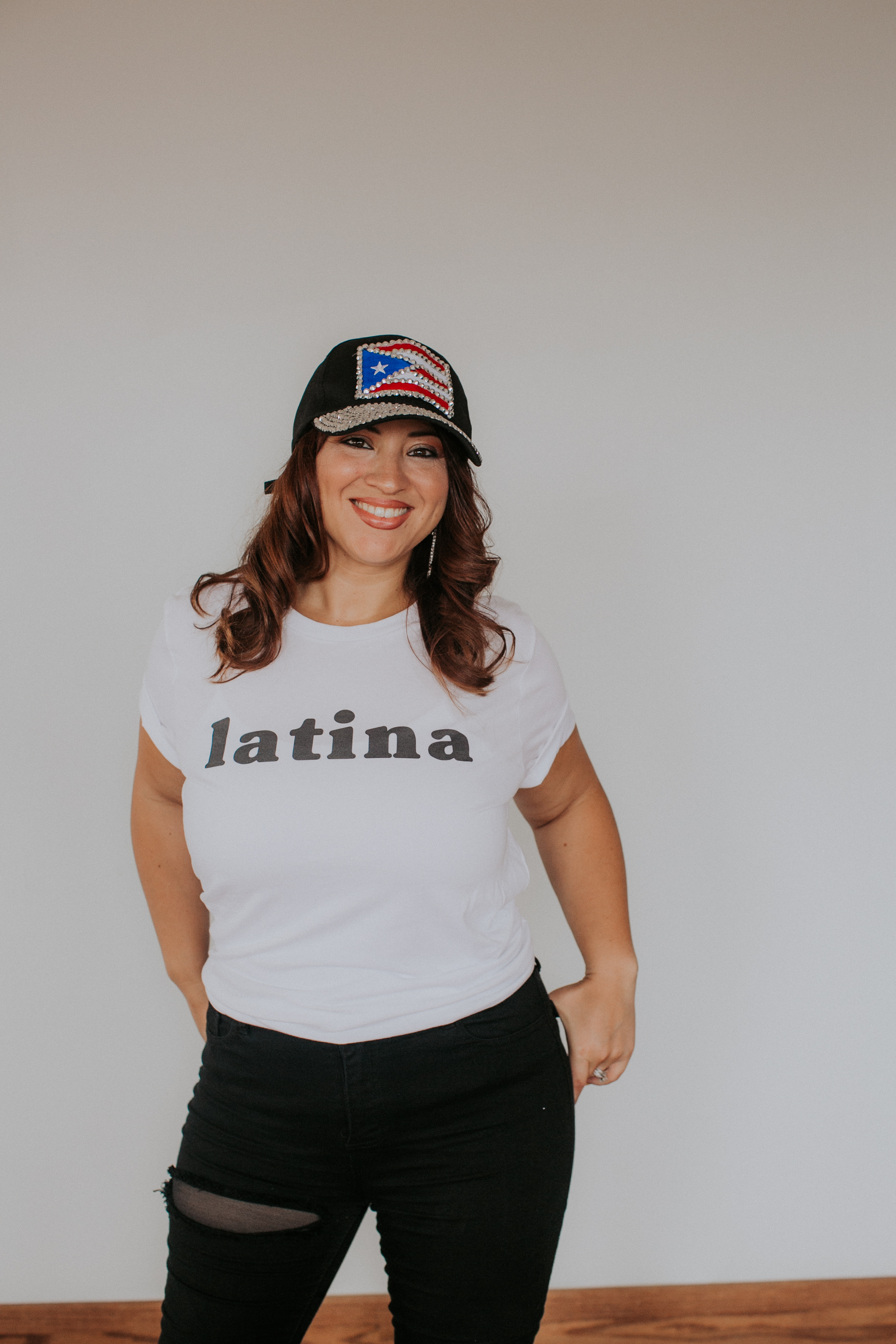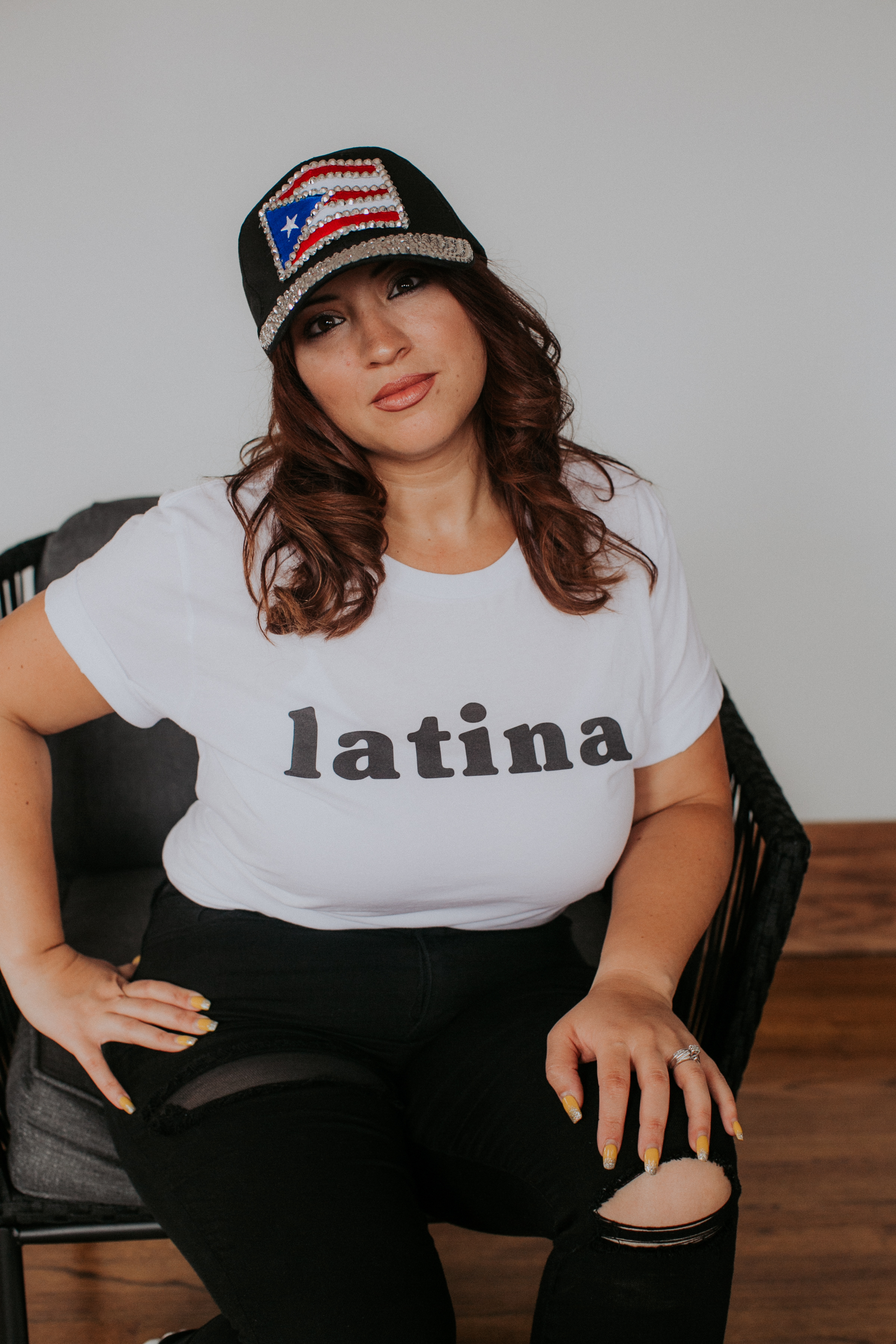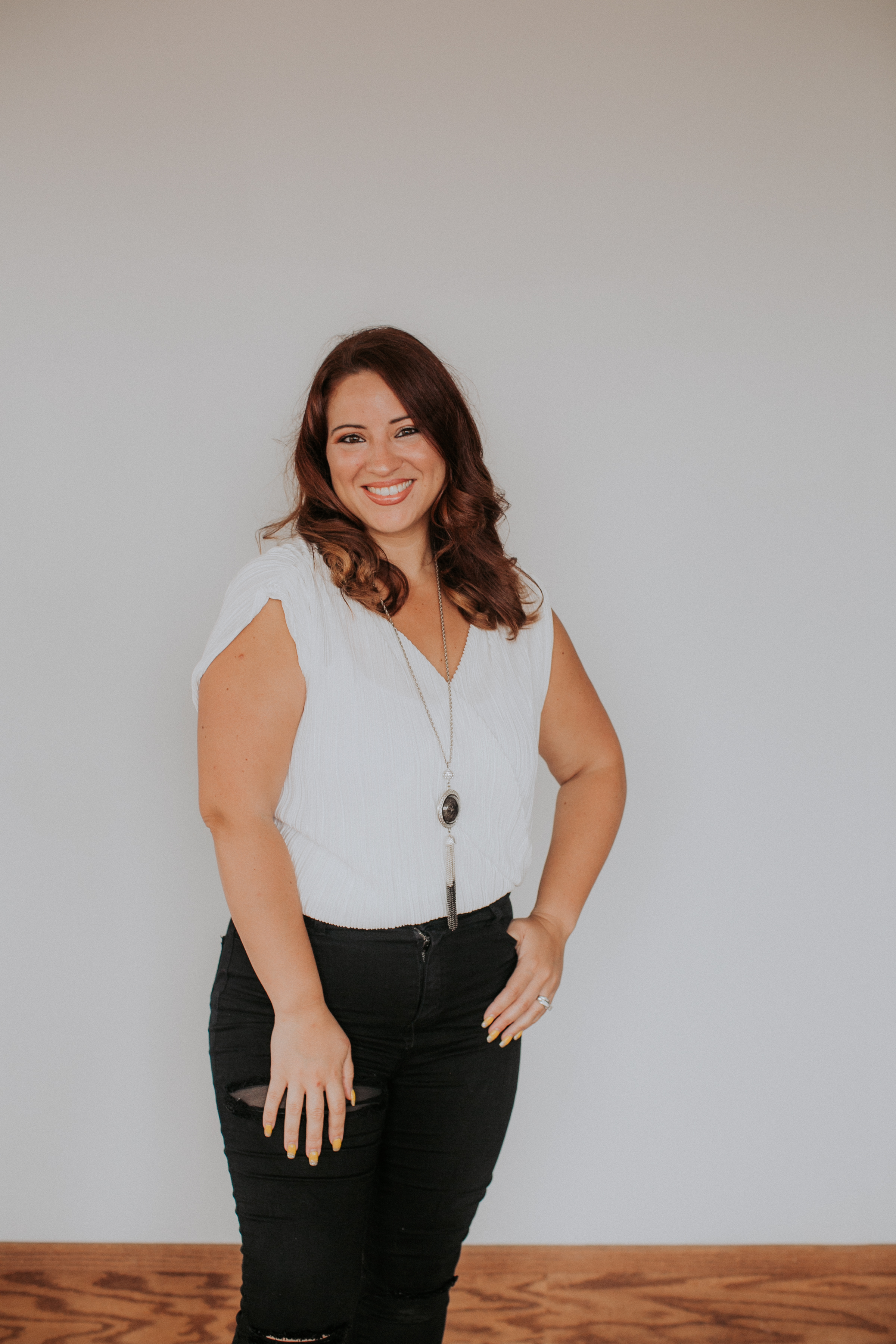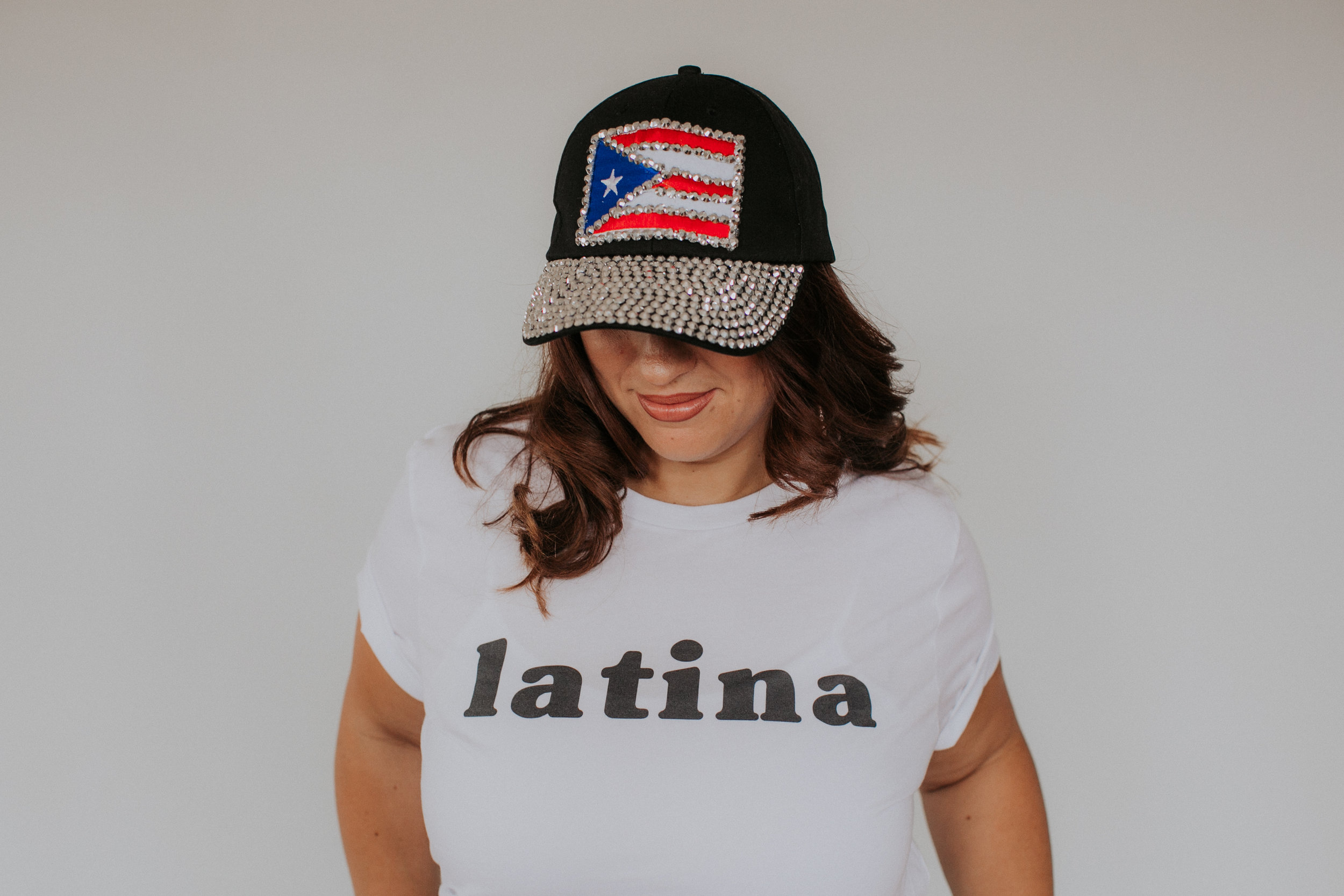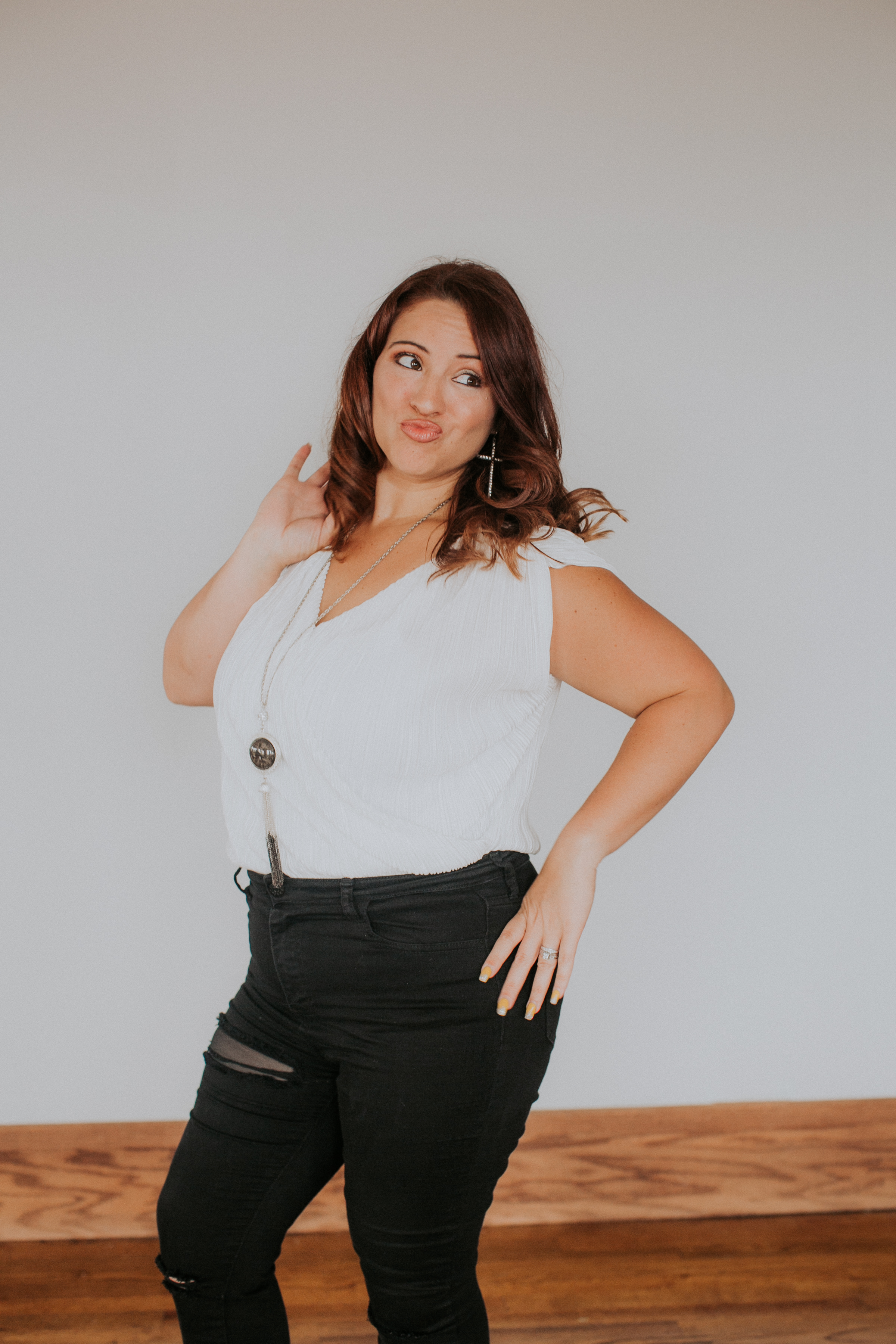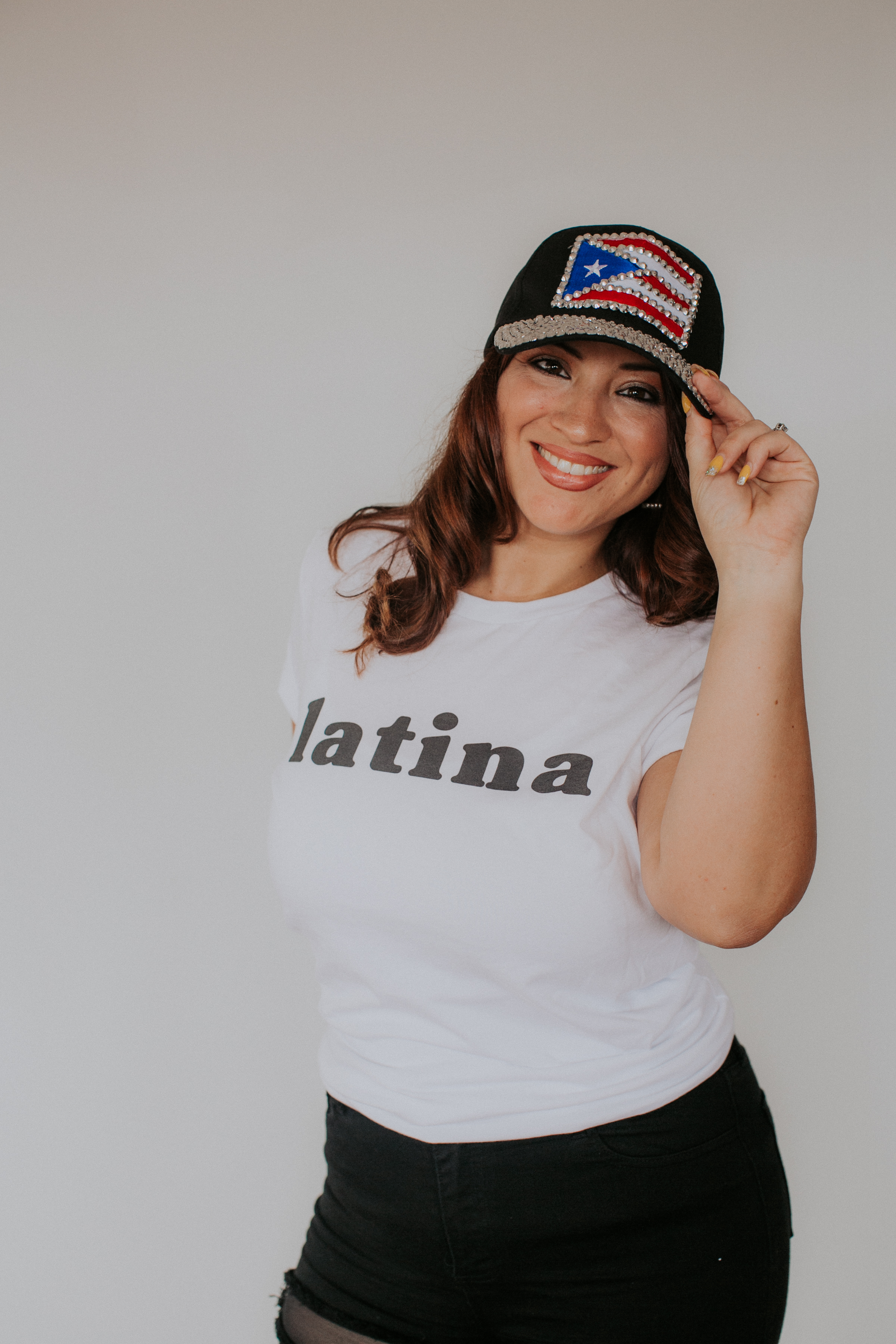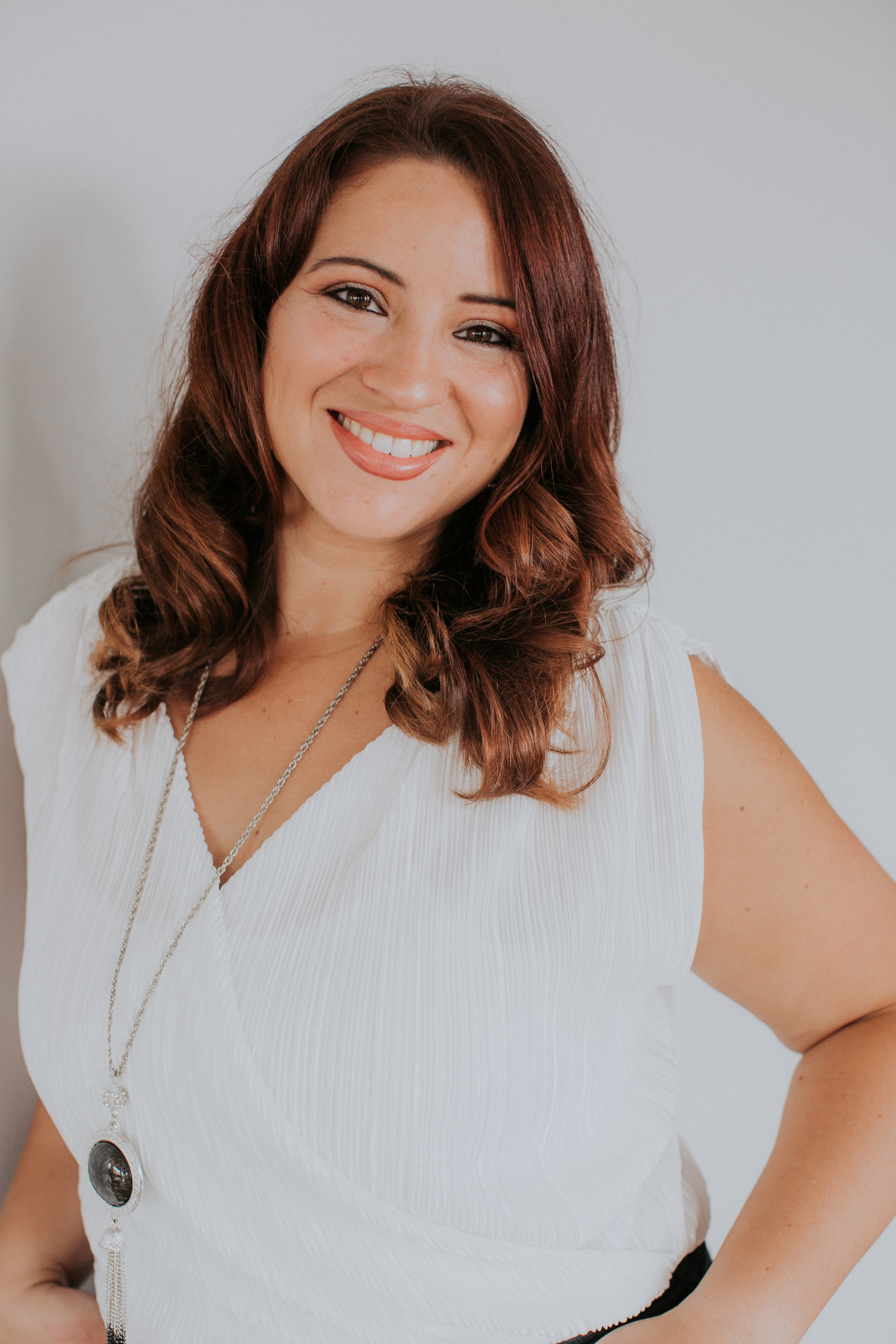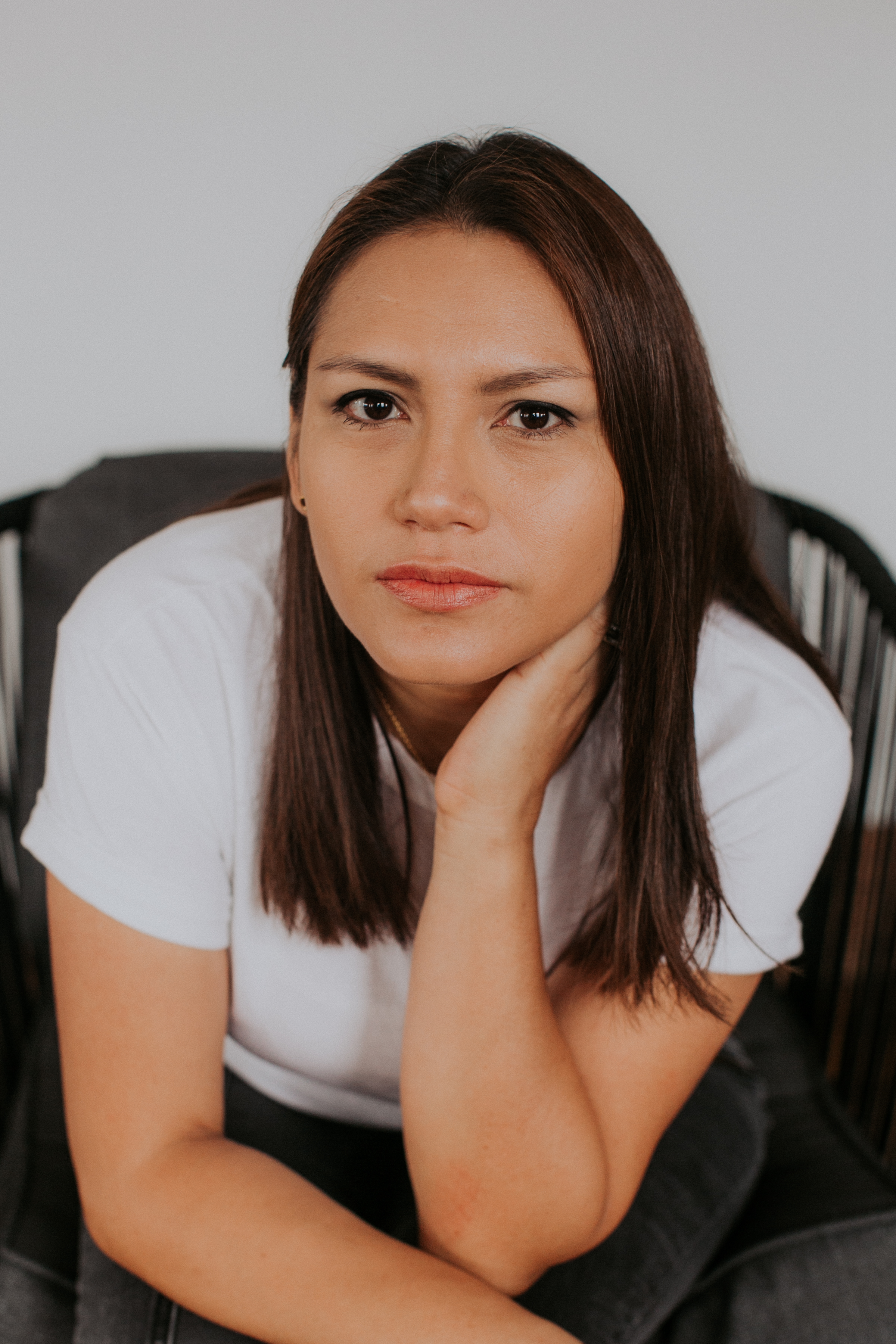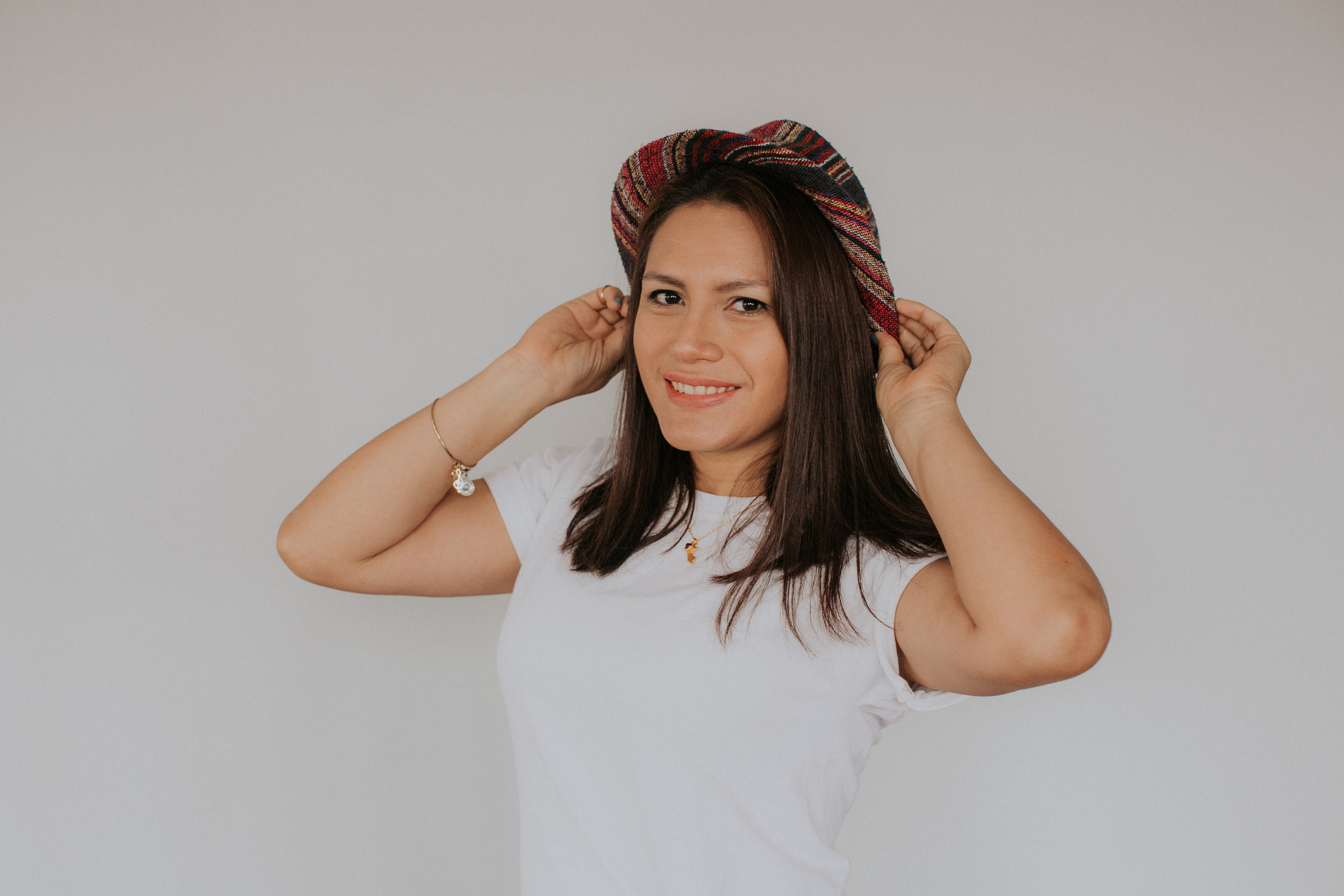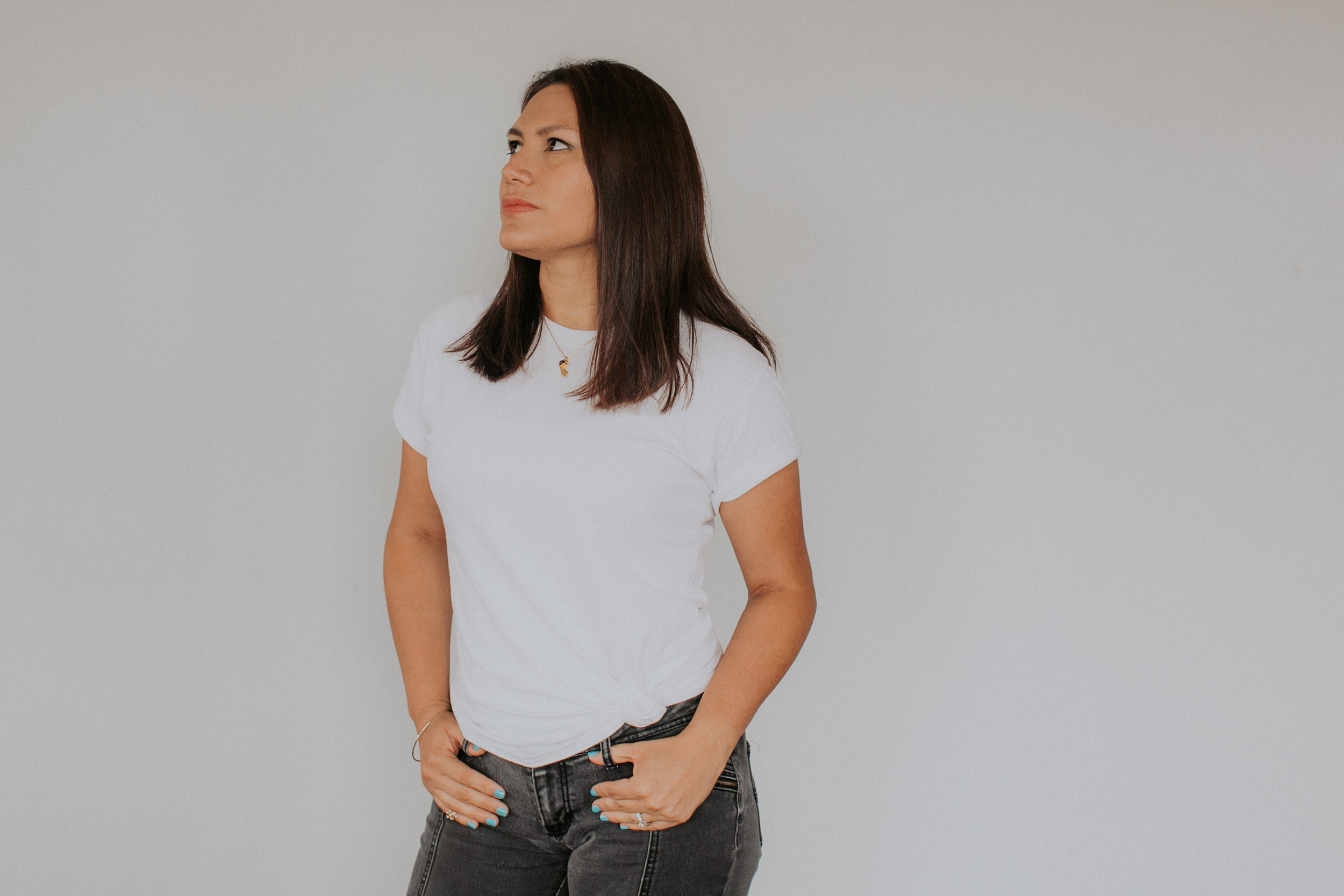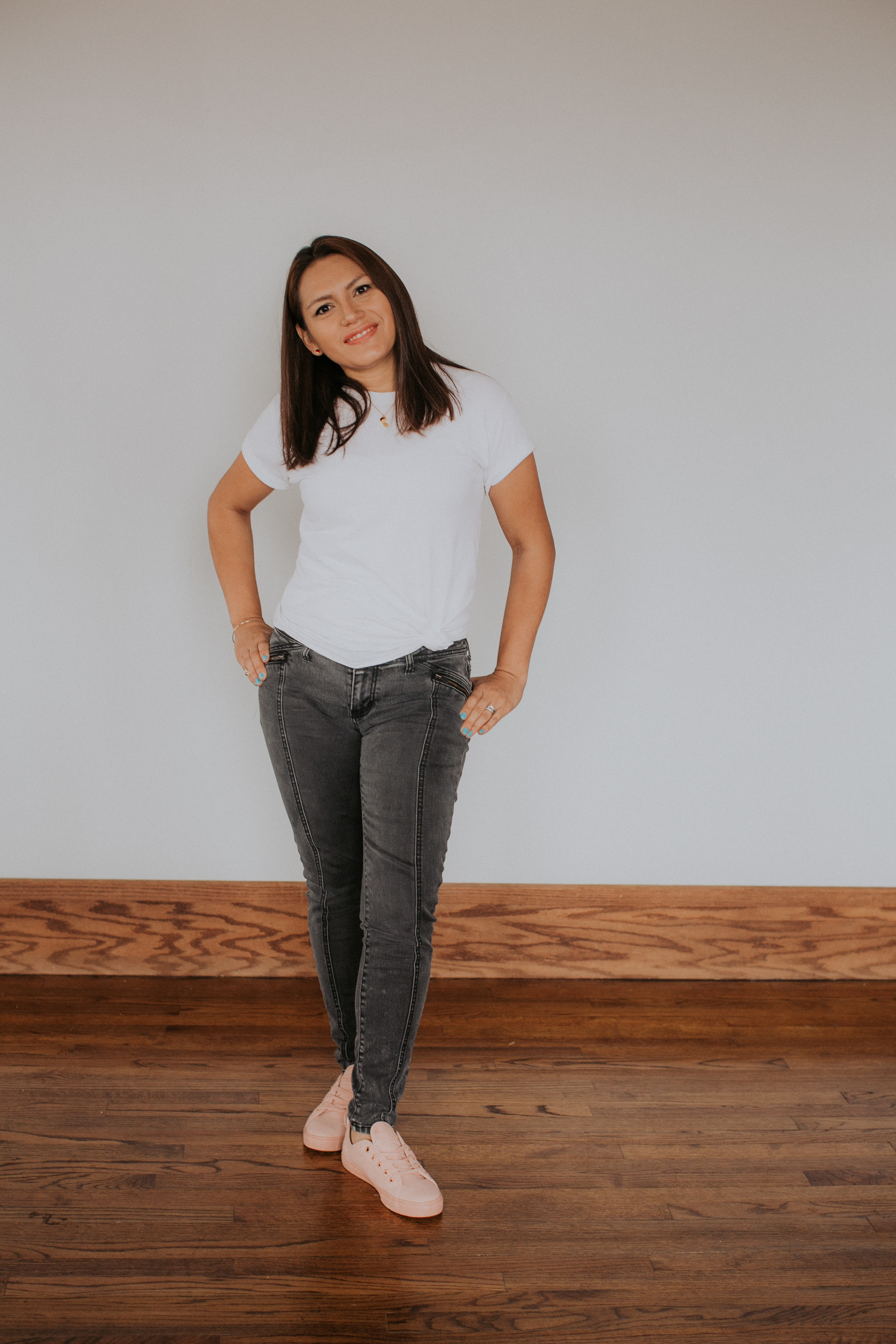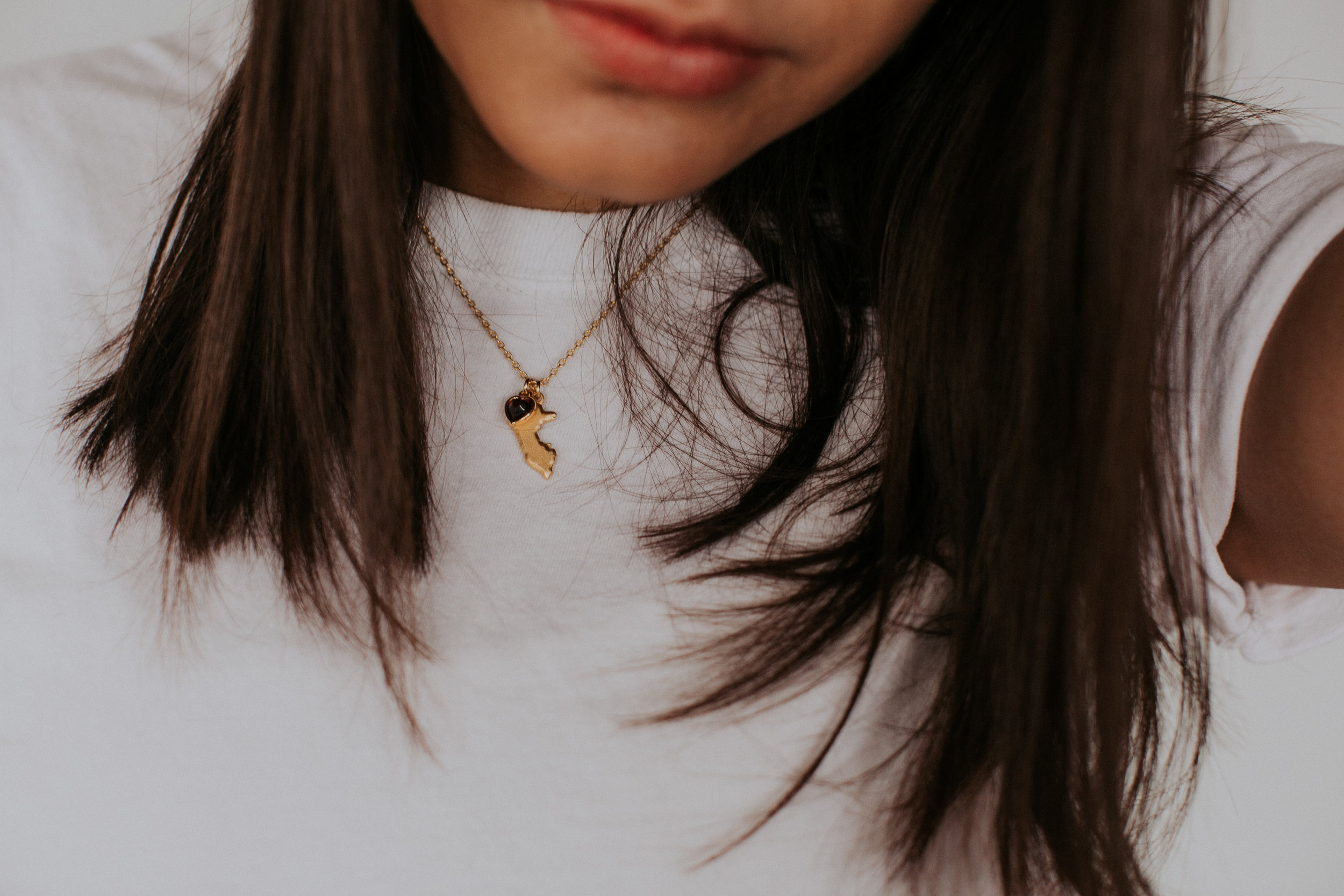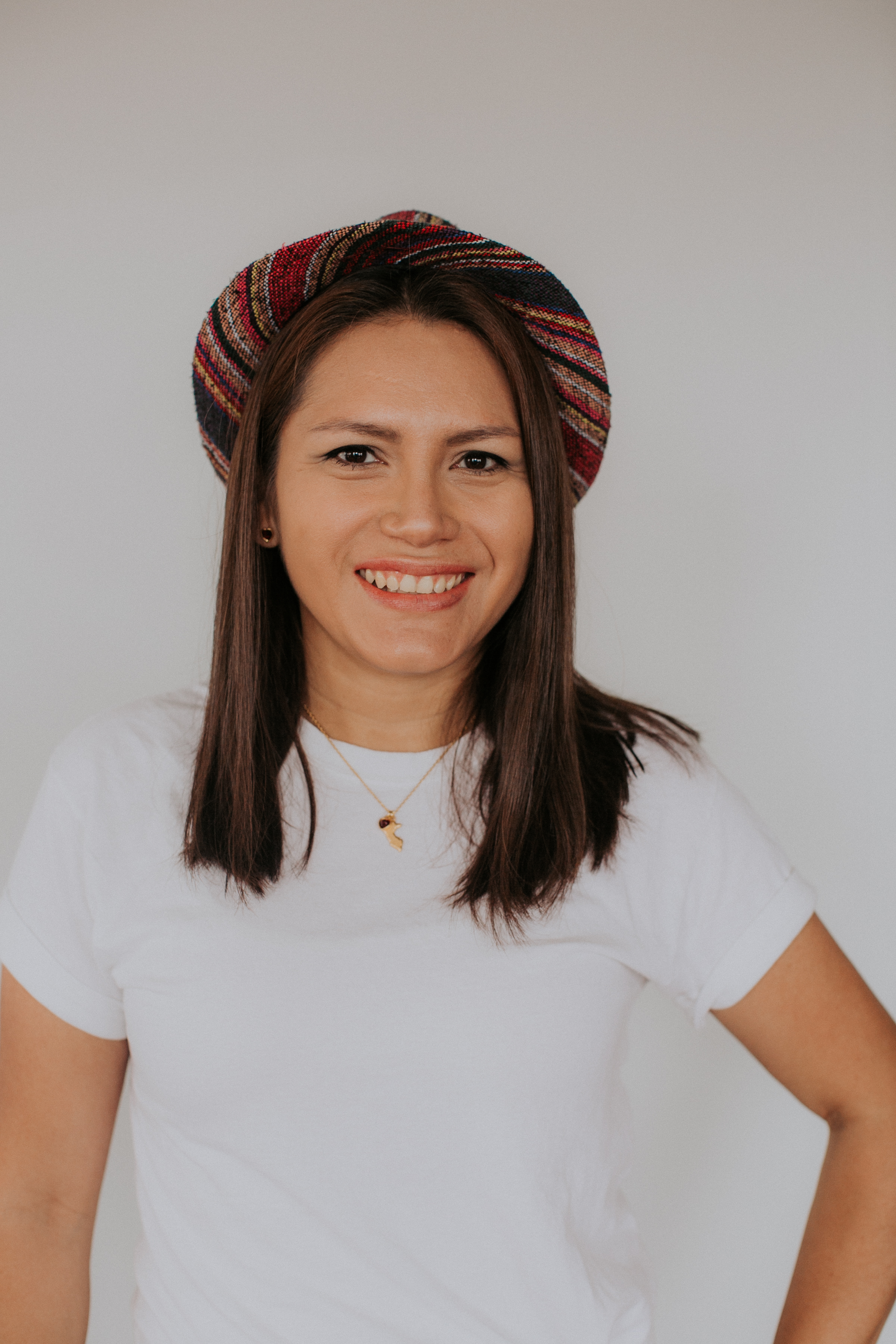What does being a Latina mean to you?
It means taking pride in my culture and values. It means that I will have to fight two times harder than most people to be successful in this life. It means having to deal with racism and standing up for myself. Being Latina means your decisions in life are always based around your family and how can your family be impacted or helped. Being Latina means I am strong, courageous, stubborn and I fight for what's right! Being Latina is who I am!
Share a struggle you have faced being a Latina.
Well I consider myself Afro-Latina because of the color of my skin, and that is the struggle I face everyday. Even within my own family, they don't understand the struggles and racism I sometimes face when I am in certain areas. Many people question if I am black or Indian or assume I am "mixed" until they ask. Usually my struggles are at its highest when I am in white areas. There are places that I go to and the white women hold their purses when I walk into the room. My daughter does gymnastics in a white neighborhood, and the only mom that talks to me is a mom from Ecuador. Then you have those white people who say stupid comments like "So where are you from,” or "Wow, is that like your real hair"? Its not much of what they say, but their tone and body language. If I go into a Mexican restaurant the people will start to talk to me in English when they were talking Spanish two minutes ago.
Share something you love about being a Latina?
I love everything about being Puerto Rican. The food, the culture, our heritage! I love that being Puerto Rican comes with being raised with respect. Our people are very strong people. Look what our people have endured from our land being stolen and ripped apart, natural disasters, poverty and much more! Yet, we are still here and strong and growing. We are very strong people. I love that I get to teach my daughter that she is Afro-Latina and teach her about our culture.
What do you identify as? Boricua Baby!! Puerto Rican
Where you born in the states? If not, could you share what your experience has been being an immigrant, and the process of becoming a US citizen, resident, etc.
Yes! I just want to make something clear, even if I was born in Puerto Rico I am not an immigrant!
How have you been able to celebrate and honor your american nationality, while embracing your heritage and culture?
I really don't consider myself to celebrate American nationality. America is not a place that celebrates my people, especially with our current administration. I am sure that people who know me may say that I am American, but I am Puerto Rican, period. I try to hold onto my heritage and my culture as much as possible. I educate myself and ask questions about culture. In order to understand who you are, you need to know where you come from. Its really sad that as more generations begin, our traditions and culture are slowly drifting away.
Do you speak spanish? Yes, but broken.
Have you experienced colorism, or not being fully accepted by your community?
Ugh YES!!!! This is something that I totally hate and despise with all my heart. I am too Black for my Hispanic friends and family and too Hispanic for my Black friends and family. Then I am just the crazy loud Hispanic to my white friends. Its ridiculous how some of my own family members will tell me that I am not Puerto Rican enough because I was not born on the Island like them. Its ridiculous! I remember my aunt saying she had her children purposely in Puerto Rico so no one can say her children are not Puerto Rican. How terrible that such horrible thinking can dictate someone's life.
Is there something else you'd like to say or add?
Puerto Ricans come from 3 different blood lines. We are a mix of Taíno Indians, Spaniards and Africans. That is why you can find Puerto Ricans to be different shades, sizes and some even have colored eyes. You can see how the Island of Puerto Rico represents these three different bloodlines in different areas of this beautiful Island. Even our language represents these three bloodlines. Not all Spanish is the same.


